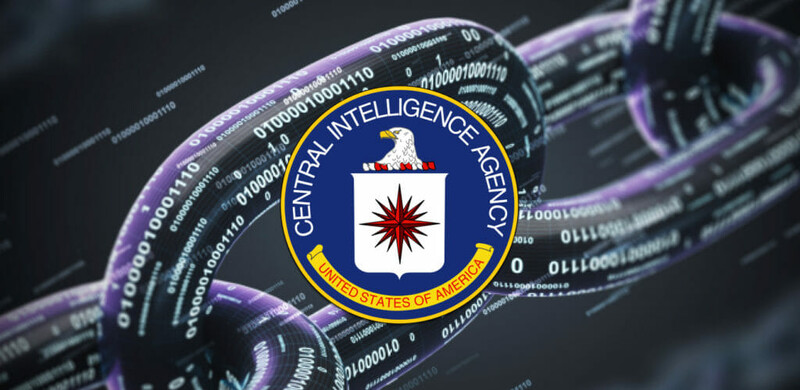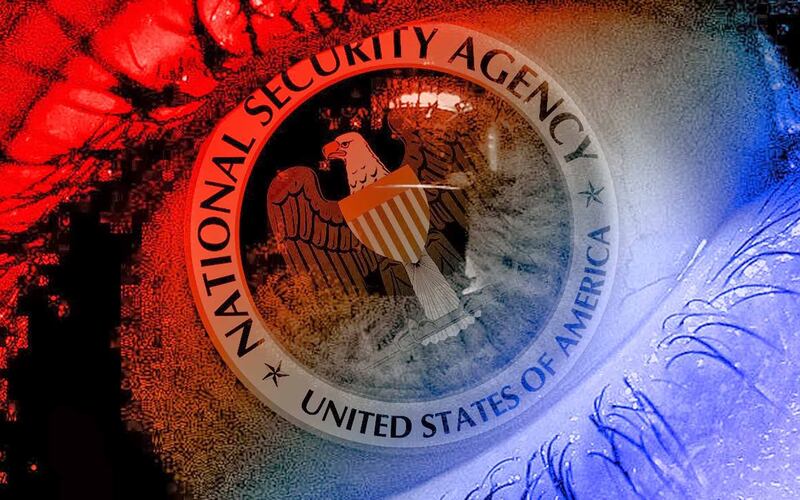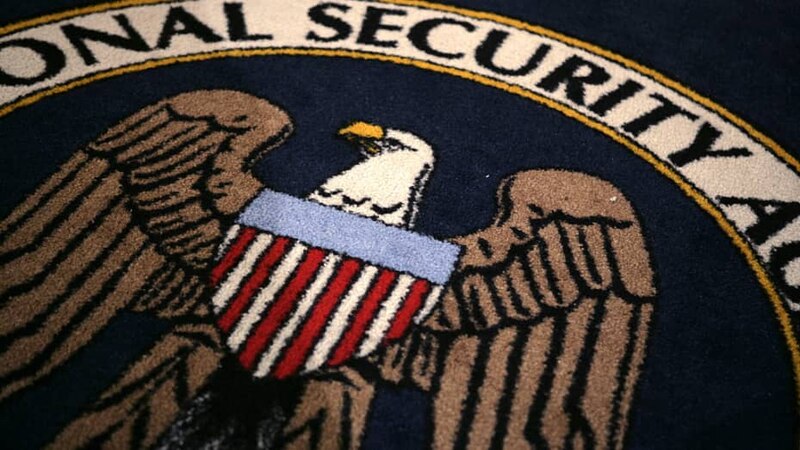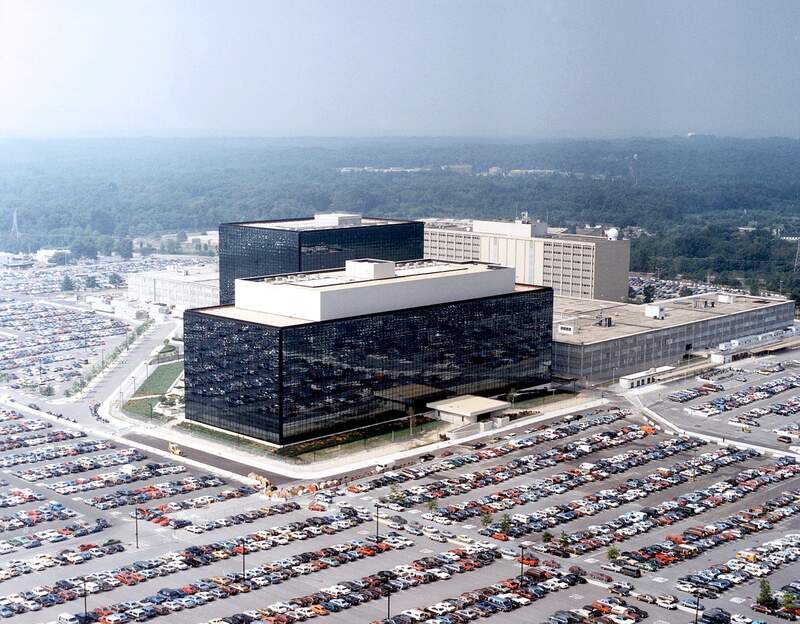Blockchain technology is changing industries, and its impact on national security is significant. The National Security Agency (NSA) sees blockchain’s potential for enhancing security and protecting data. However, with the integration of National Security Agency and blockchain technology, come legal and ethical challenges. This article on Digicashblog explores the legal frameworks, ethical issues, and future directions for the NSA’s use of blockchain.
Legal framework for blockchain in national security
Current laws and regulations
Blockchain is new, but it operates within existing laws. The NSA must navigate these laws, which cover data protection, privacy, cybersecurity, and cross-border transactions.
For example, the General Data Protection Regulation (GDPR) in Europe imposes strict rules on data. Even though the NSA is in the U.S., international laws like the GDPR matter, especially in collaborations. U.S. laws like the Patriot Act and the Cybersecurity Information Sharing Act (CISA) also affect how blockchain is used.
The NSA must balance innovation with legal compliance. This means working with legal experts, policymakers, and technologists to ensure that blockchain is used responsibly.
Government policies on blockchain
Government policies shape how blockchain is used in national security. The U.S. government sees blockchain’s potential and is developing policies that encourage its adoption while managing risks.
For instance, the Department of Homeland Security (DHS) has initiatives exploring blockchain for securing government operations. These initiatives provide a framework for the NSA to follow.
Government policies also focus on the ethical use of blockchain, especially in surveillance and data collection. The NSA must align its blockchain applications with these broader government strategies.
International legal standards
Blockchain is becoming a global tool for security. The NSA must consider international legal standards when collaborating with foreign governments.
International treaties, like the Budapest Convention on Cybercrime, guide how nations cooperate on cybersecurity. The NSA’s blockchain initiatives must follow these international standards.
The challenge is that blockchain is still new, and international laws are not fully established. The NSA must work with international partners to shape the future legal landscape for blockchain.

Ethical considerations in blockchain deployment
Privacy vs. security bebate
One major ethical issue is balancing privacy with security. Blockchain is transparent and secure, but this transparency can raise privacy concerns.
For example, while blockchain can keep records secure, it could expose sensitive information if not managed well. The NSA must protect privacy while using blockchain’s benefits.
One solution is using private blockchains, where only authorized parties have access. This allows the NSA to maintain security and transparency without risking privacy. Technologies like zero-knowledge proofs also help, as they verify data without revealing it.
The NSA’s challenge is to balance national security with respecting privacy rights. This requires ongoing reflection and adaptation.
Transparency and accountability
Blockchain’s transparency is a strength but also a challenge. In national security, too much transparency can risk operational secrecy.
The NSA must use blockchain’s transparency for accountability while protecting sensitive operations. Selective transparency can ensure accountability without compromising security.
This requires careful management of blockchain systems and an understanding of the ethical implications of transparency.
Impacts on civil liberties
Blockchain’s use by the NSA affects civil liberties, especially in surveillance. While blockchain enhances security, it can also be used to monitor populations, raising ethical concerns.
The NSA must ensure that its use of blockchain respects civil liberties and does not erode fundamental rights. This includes preventing the misuse of blockchain for mass surveillance or unjust targeting.
The NSA can adopt ethical guidelines to govern the use of blockchain in national security. These guidelines should be developed with input from legal experts, ethicists, and civil society organizations.

National Security Agency and Blockchain Technology: A Commitment to Ethical Use
Ethical guidelines and protocols
The NSA follows ethical guidelines to ensure blockchain is used responsibly. These guidelines protect privacy, transparency, and accountability while achieving security goals.
For example, the NSA may restrict access to blockchain data to authorized personnel only. Encryption and privacy-enhancing technologies further protect individual privacy.
These ethical guidelines and protocols will evolve as blockchain technology advances.
Collaborations with ethical committees
The NSA works with ethical committees to develop its guidelines. These committees offer diverse perspectives, helping the NSA navigate complex ethical dilemmas.
By collaborating with these committees, the NSA ensures that its use of blockchain is both ethical and effective.
Public and expert consultation
The NSA enhances transparency and accountability through public and expert consultation. Engaging with the public addresses privacy concerns, while expert input ensures that blockchain initiatives are informed by the latest research.
This approach ensures that the NSA’s use of blockchain aligns with societal values and expectations.

Legal challenges and controversies
Legal disputes involving blockchain
Blockchain’s use in national security may lead to legal disputes, especially in data protection, privacy, and cross-border transactions.
For example, the NSA’s use of blockchain for surveillance could be challenged on privacy grounds. Similarly, cross-border blockchain transactions may raise jurisdictional issues.
The NSA will need to work with legal experts to navigate these disputes. This may involve developing new legal frameworks or adapting existing laws.
Controversies surrounding blockchain and surveillance
Blockchain’s potential for surveillance is controversial. While it enhances security, it also raises privacy and civil liberties concerns.
The NSA must ensure that its surveillance activities using blockchain are legally compliant and ethically justifiable. This may involve implementing safeguards to prevent misuse and ensuring that all activities are subject to oversight.
Addressing these controversies is crucial for building public trust in the NSA’s use of blockchain.
Future legal challenges
As blockchain evolves, the NSA will face new legal challenges. These may arise from advancements like quantum-resistant blockchains or new consensus mechanisms.
The NSA must stay proactive in addressing these challenges, working with legal experts to ensure compliance with the law.

The role of blockchain in ethical surveillance
Ethical applications of blockchain in surveillance
The NSA must manage blockchain-based surveillance ethically. Blockchain can provide transparency and accountability, ensuring that surveillance is conducted within legal and ethical boundaries.
For example, blockchain can create an audit trail of surveillance activities, ensuring accountability without compromising operational security.
Ethical guidelines for blockchain-based surveillance can help the NSA balance privacy and security.
Balancing surveillance with privacy rights
Balancing effective surveillance with privacy rights is a significant challenge. Blockchain offers a way to enhance surveillance while protecting privacy.
The NSA can use private or permissioned blockchainto restrict access to surveillance data. Privacy-enhancing technologies like zero-knowledge proofs allow the NSA to verify data without exposing it.
The NSA’s commitment to balancing surveillance with privacy is crucial for maintaining public trust.

Future directions in legal and ethical frameworks
Evolving legal standards
Blockchain’s legal standards will evolve. The NSA must participate in creating new frameworks that address blockchain’s unique challenges.
The NSA can work with lawmakers to develop legislation for blockchain in surveillance, data protection, and cross-border transactions. These laws should provide clear guidelines for ethical blockchain use.
The NSA’s role in shaping these standards will ensure that its blockchain initiatives remain compliant.
Ethical innovations in blockchain
Ethical use of blockchain will continue to be a focus as the technology evolves. Innovations like privacy-focused blockchains or decentralized identity systems offer new opportunities.
The NSA could explore decentralized identity systems to respect privacy while conducting surveillance.
Ethical algorithms that prioritize privacy and data protection can also enhance the NSA’s ability to use blockchain responsibly.

In conclusion, exploring the National Security Agency and blockchain technology reveals critical insights into the legal and ethical dimensions of cybersecurity. By staying informed, readers gain valuable knowledge that empowers them to understand and navigate these complex topics.
